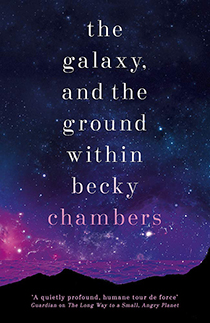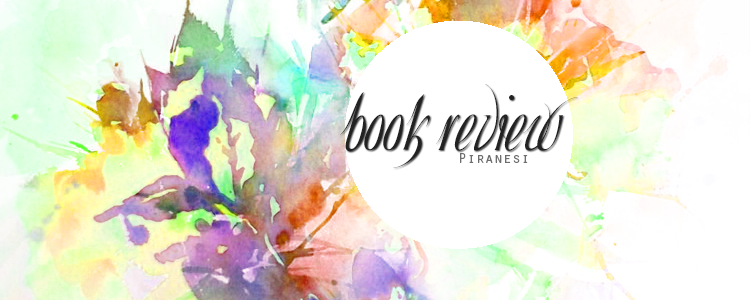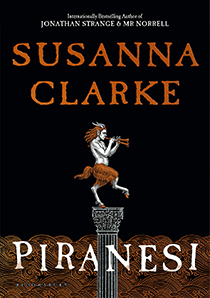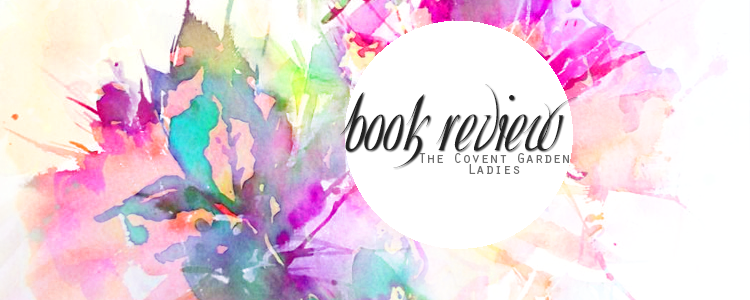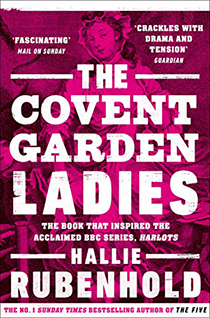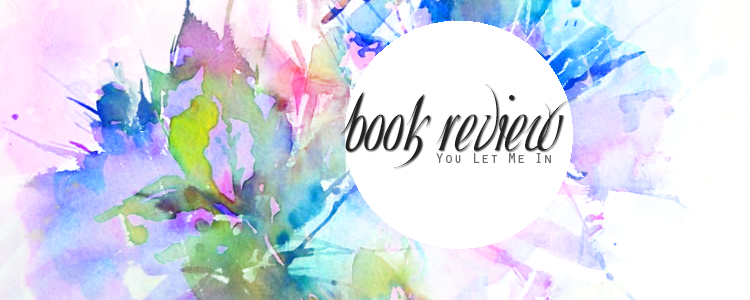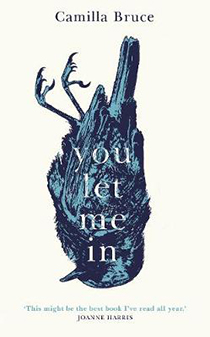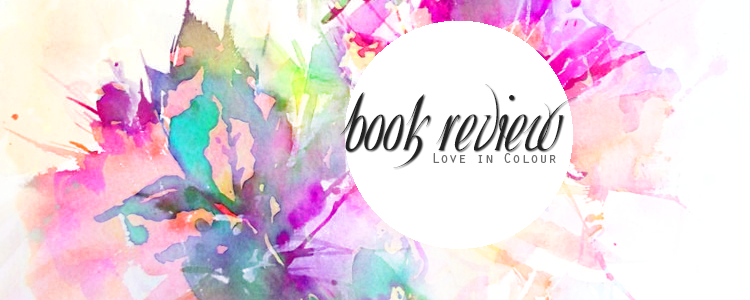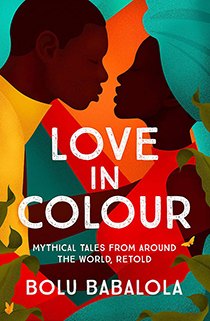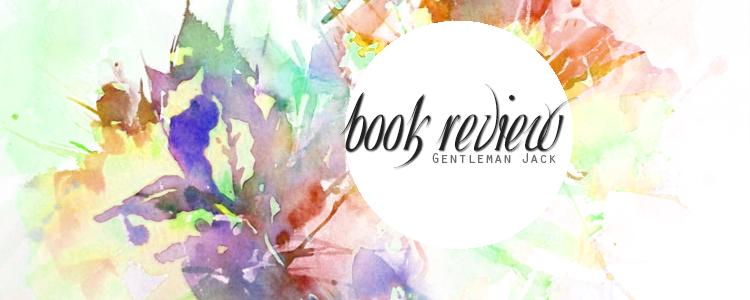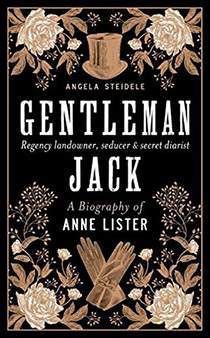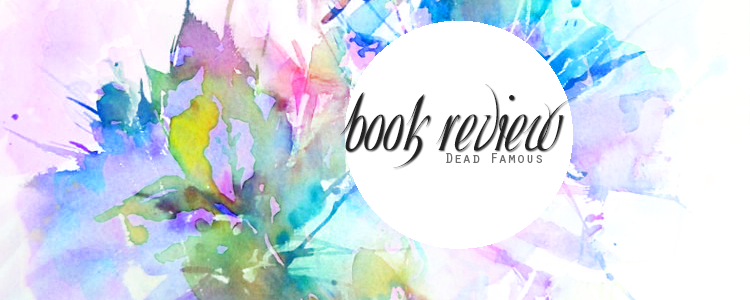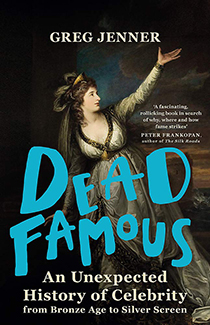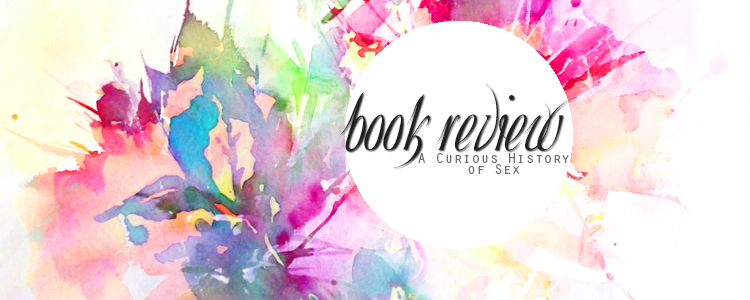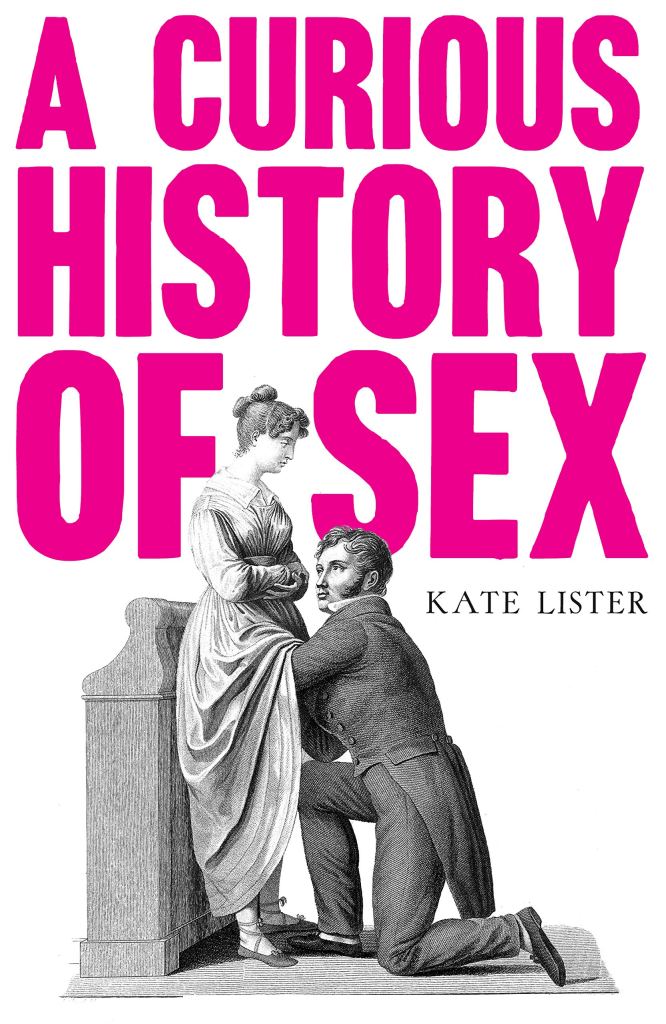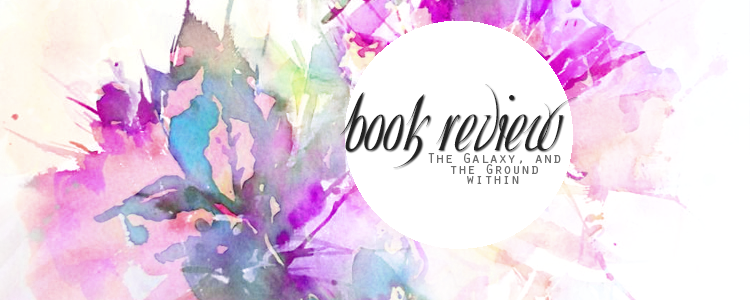
I was fortunate enough to receive an ARC of this from Netgalley in exchange for an honest review.
Let me preface this with the truth that I love Becky Chambers. I love every book of hers I’ve read. The Long Way to a Small Angry Planet is one of my ultimate comfort reads, the universe she has created within these Wayfarers books is so familiar to me now that reading any book in the series feels like a homecoming. This is, hands down, one of my most anticipated reads of 2021 and, spoiler alert, it didn’t disappoint.
The thing I love most about the Wayfarers books is that though they’re a series, and there are some reoccurring characters that link each book to the next, they all stand independently and look at a different aspect of this world that has been created. This book is set the furthest away from “life as we know it” – none of the characters in this book have that familiarity of “human” but in spite of that this feels like the most intimate of all the books. If I’m remembering the other books correctly this is the first book to feature no human characters, so it’s the most spacey of them all. Ouloo and Tupo are a mother and child, Ouloo runs a out of space service station/rest stop/motel type thing and their home is where this entire story takes place.
The plot of this book is essentially all of our characters being grounded due to some space-y thing going on which means that what was meant to be a short stop for each of them turns in to a much longer stay until they can get back on their journeys. While they’re grounded they all start to interact, share their stores and cultures, wants and desires. They become friends, although not without a bit of drama! I think not having a human character was so, so clever as the book is essentially about inclusivity and finding commonality in a place so foreign to you, with noone who looks like you or has your culture. You’re just as alien as they are, and sometimes it did feel like you were encroaching on a private moment. Given we follow 6 characters in this book, in varying depth, all of them were really fleshed out and explored, and as with all of Chambers’ books I felt by the end we were friends.
Another thing I loved about this is Ouloo’s relationship with her child, Tupo. Ouloo and Tupo are Laru, and in their culture children grow up with gender neutral pronouns and choose their gender when they’re ready. As is common in any of Chambers’ books there is a lot of incredible representation of queer characters, and I think this book subtly explored gender without it being the main plot of the book. It was just a fact, it’s part of Tupo (who is adorable). There’s also a point in the book which explains how damaging it is to any individual who is questioning their gender to just assume where they fall on the gender spectrum which I thought was a gentle nod to being a good human.
I would not change one thing about this book. Am I sad it’s the last set in this universe? 100%, absolutely, I’m heartbroken. Was it the perfect end? Yes. The nature of these books means they’re cyclical. I could go back to book 1 and sink right back in to the universe from where this left off. While chronologically this I think takes place after book 1, there’s nothing explicit and no reason to say this couldn’t have taken place before. It was the perfect ending to one of the most incredible, immersive, diverse, beautiful series’. I did cry finishing this book, but I’m so excited to read the next series that Becky Chambers is working on.
The book is released on the 18th February and I urge everyone to go read all these books and support one of the loveliest authors I’ve ever met.
